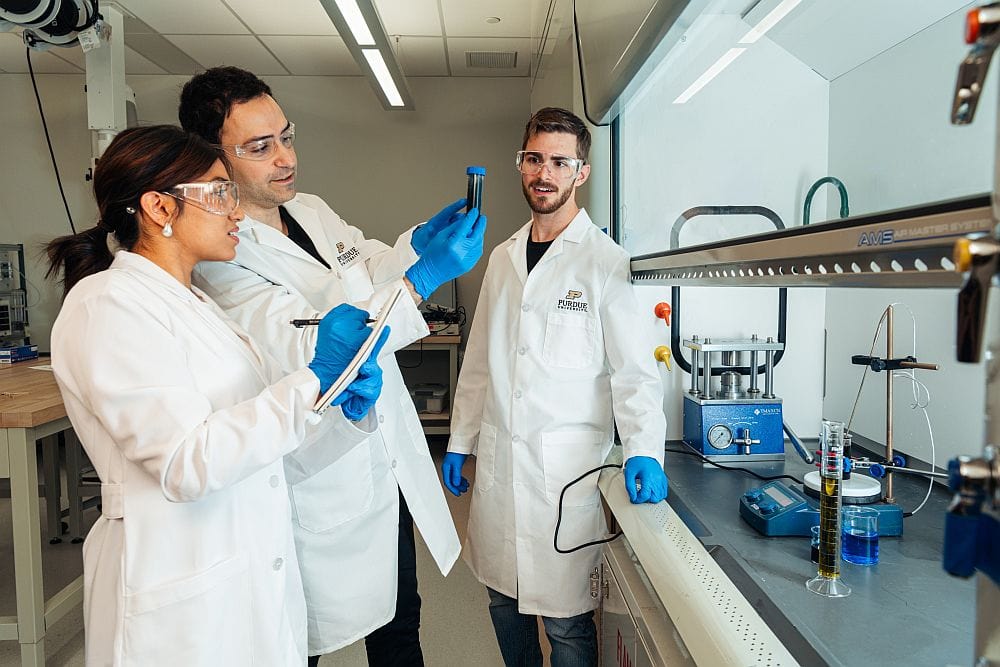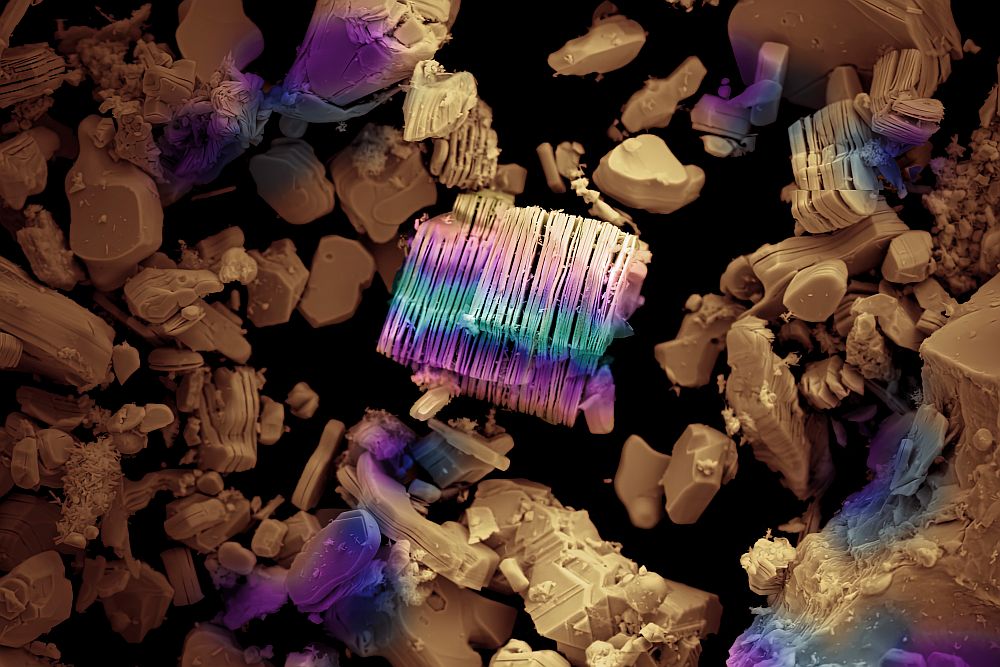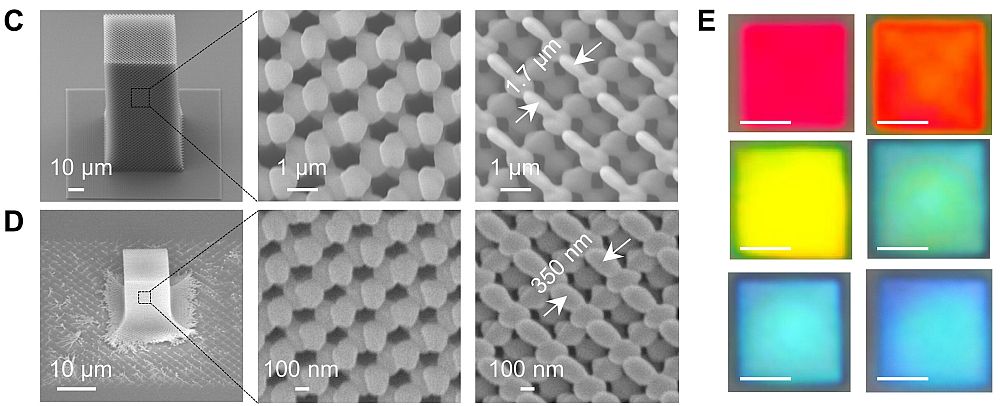Rice University is undertaking a new study, funded by the National Science Foundation, that will track “tagged nanoparticles” as they travel through the environment. The purpose of the study, which focuses on fullerenes, is to learn how these nanoparticles impact the environment and natural systems, according to a university press release. Rice’s research team will be jointly headed by Vicki Colvin and Pedro Alvarez.
Colvin, the university’s Pitzer-Schlumberger Professor of Chemistry, also directs the Center for Biological and Environmental Nanotechnology. Alvarez is Rice’s George R. Brown Professor and chair of its Civil and Environmental Engineering Department. “Nanotechnology is full of initially promising qualities, but you have to consider the potential for environmental damage. For example, look at DDT. Hans Mueller won the Nobel Prize in 1948 for using DDT to fight malaria, but now we know the environmental damage impact,” the release quotes Alvarez as saying. According to the release, Alvarez and Colvin are “turning the tables” on conventional research because they are not only investigating the impact fullerenes have on the environment but also looking at the effect the environment has on these nanoparticles. “When you alter the structure of fullerenes via bacterial means, fungi or enzymes, you may also affect their toxicity or reactivity,” Alvarez says. Fullerenes comprised of 14C, a mildly radioactive carbon isotope, are being manufactured and tagged for the study, as they can be “tracked easily as they are altered by microbes, specifically fungi, and even monitored if they are completely broken down into carbon dioxide molecules,” the release explains.
CTT Categories
- Material Innovations
- Nanomaterials


